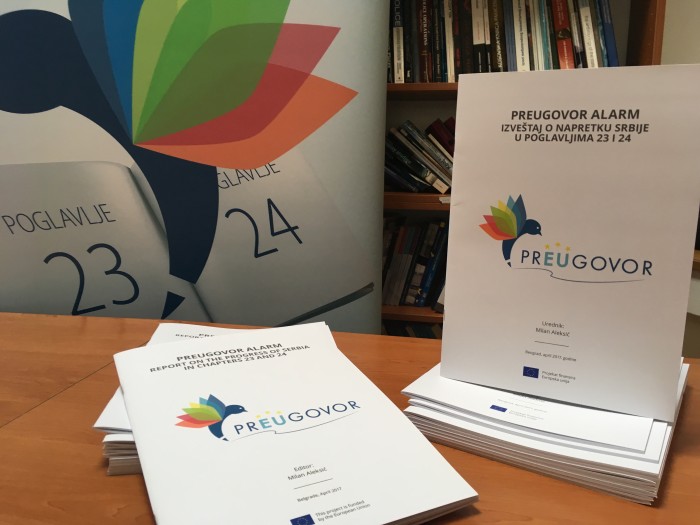The main focus of this analysis is the statistical presentation and description of procedures and mechanisms for data gathering, and on the monitoring and planning of measures aimed at returnees who are citizens of the Republic of Serbia.
After the EU abolished visas for Serbian citizens, many of them used the freedom of movement to apply for asylum in an attempt to solve their economic problems. Western countries see this type of migration as an abuse of the asylum system and they warned Serbia that the visa-free regime would be reconsidered if the number of asylum seekers was not reduced.
Both Serbia and the EU have taken some administrative measures, but the factors that motivate people to migrate require additional effor ts by the Republic of Serbia to improve the economic and social situation of
returnees and thus prevent secondary migration. It is encouraging that in the European Commission’s First Report under the visa suspension mechanism, the Republic of Serbia was positively assessed with regard to readmission, and to the effor ts it was investing in reintegrating the persons thus returned. This positive trend should be used for maintaining the current situation in this field but also for improving some measures or activities, to match the needs migrants with the possibility of conducting a realistic migration policy both in Serbia and the EU.

